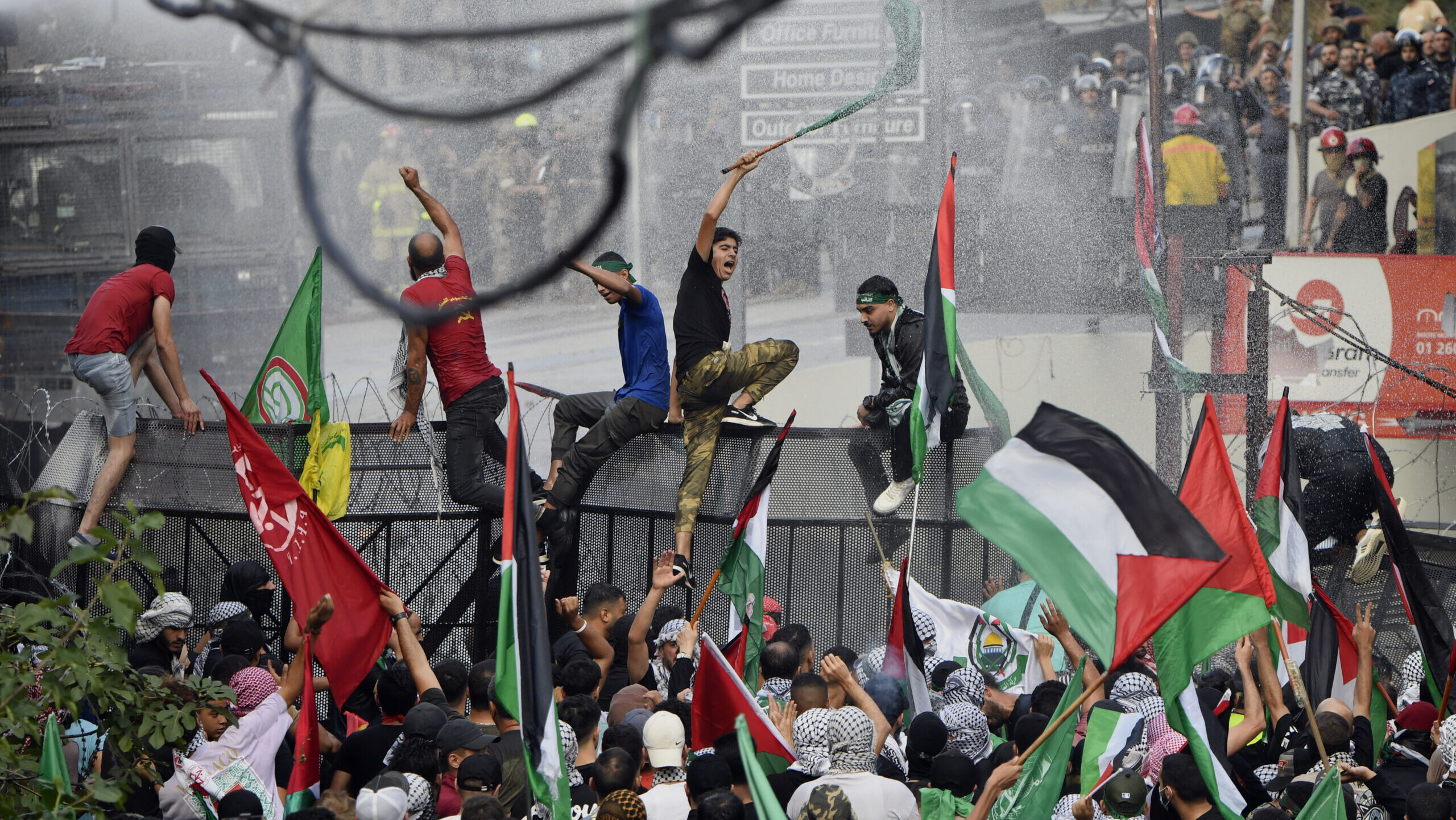
Borrell’s mission comes at a critical juncture, as Hezbollah and Israeli forces engage in frequent skirmishes along the border. The conflict has intensified since Hamas launched its attack from Gaza, triggering a broader regional escalation. Casualties have been reported on both sides, with Lebanon witnessing civilian deaths, including journalists, as well as the loss of Hezbollah fighters and Lebanese soldiers.
The EU envoy’s focus during his visit is to de-escalate tensions between Hezbollah and Israel, which could destabilize Lebanon further. The fighting has already claimed the lives of nine Israeli Defense Forces (IDF) soldiers and four Israeli civilians. Meanwhile, Hezbollah has acknowledged the loss of 148 of its fighters, with some killed in Lebanon and others in Syria. The Lebanese civilian death toll has also risen, contributing to the growing urgency for international mediation.
Borrell's visit is not only an attempt to broker a ceasefire but also a broader effort to stabilize southern Lebanon, where Hezbollah’s influence has grown. The group's role in the conflict, backed by Iran, presents a significant challenge for the EU's efforts to secure peace. However, Borrell’s discussions with Hezbollah officials indicate the EU’s recognition of the group as a major player in the region. He met with key Hezbollah figures, including the head of the party’s parliamentary bloc, signaling the EU’s intent to engage all relevant parties to bring an end to the violence.
The violence in Lebanon has taken a heavy toll on infrastructure and civilian life, with significant damage reported across towns along the border. Displacement has surged as families flee areas vulnerable to artillery and airstrikes. Borrell's meetings with Lebanese officials also focused on the humanitarian situation, which has been exacerbated by Lebanon’s ongoing economic crisis. The EU has committed to increasing aid to the region, though it faces significant hurdles in reaching the affected areas due to the deteriorating security situation.
As the situation in Gaza worsens, with mounting Palestinian casualties and relentless Israeli airstrikes, international actors like the EU are scrambling to contain the spillover effects in neighboring Lebanon. Hezbollah’s involvement has drawn concern from the international community, as its military wing has been actively engaging with Israeli forces in the border regions, escalating the conflict and complicating peace efforts.
Borrell's talks in Beirut will likely extend beyond immediate ceasefire negotiations. The diplomat is also expected to address the broader geopolitical implications of Hezbollah’s growing influence in Lebanon and its role in regional instability. The group’s increasing power in Lebanese politics and military might have made it a central figure in the country’s future. However, international actors like the EU must navigate the complex domestic landscape, where Hezbollah holds sway but remains a controversial player.
Topics
World
